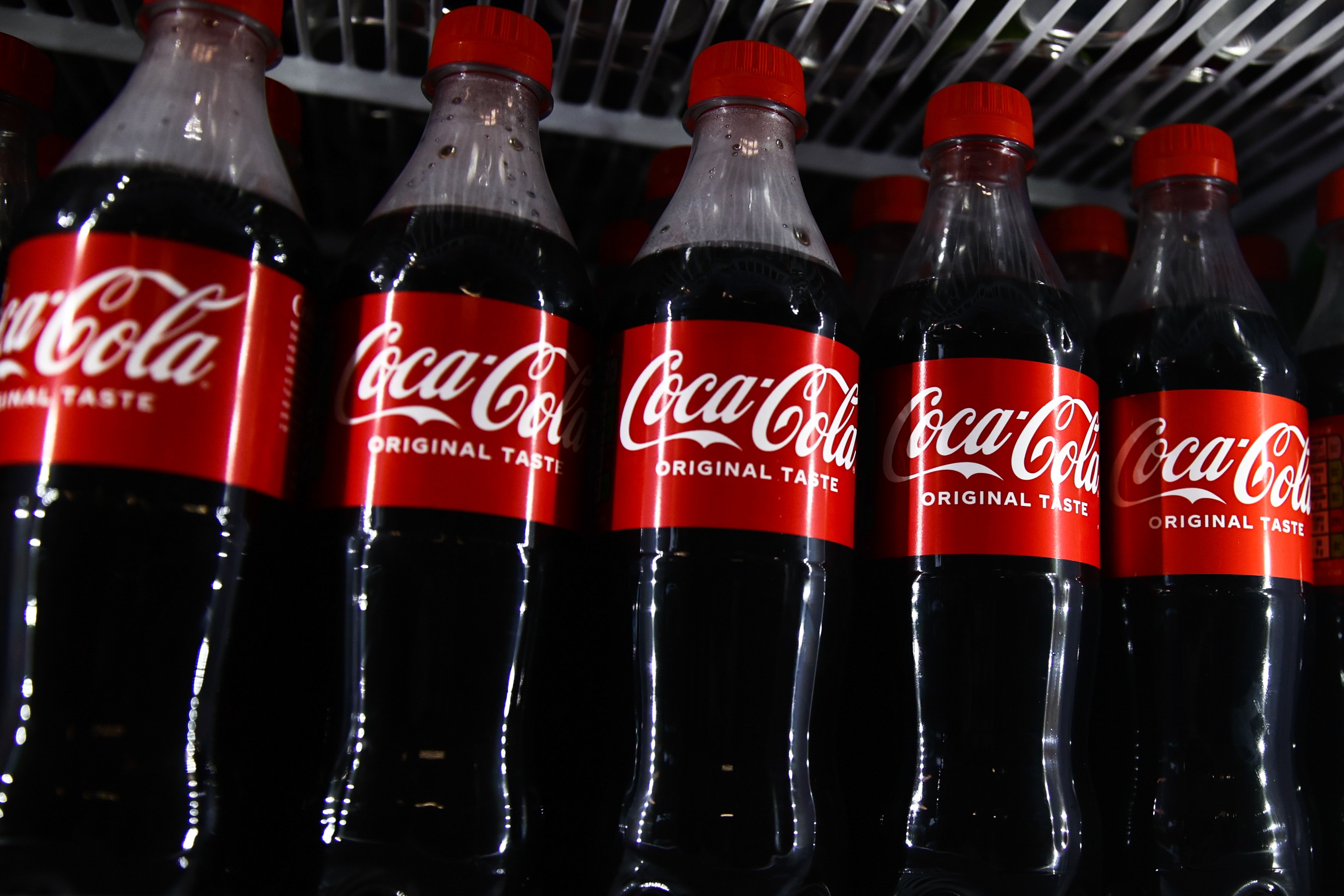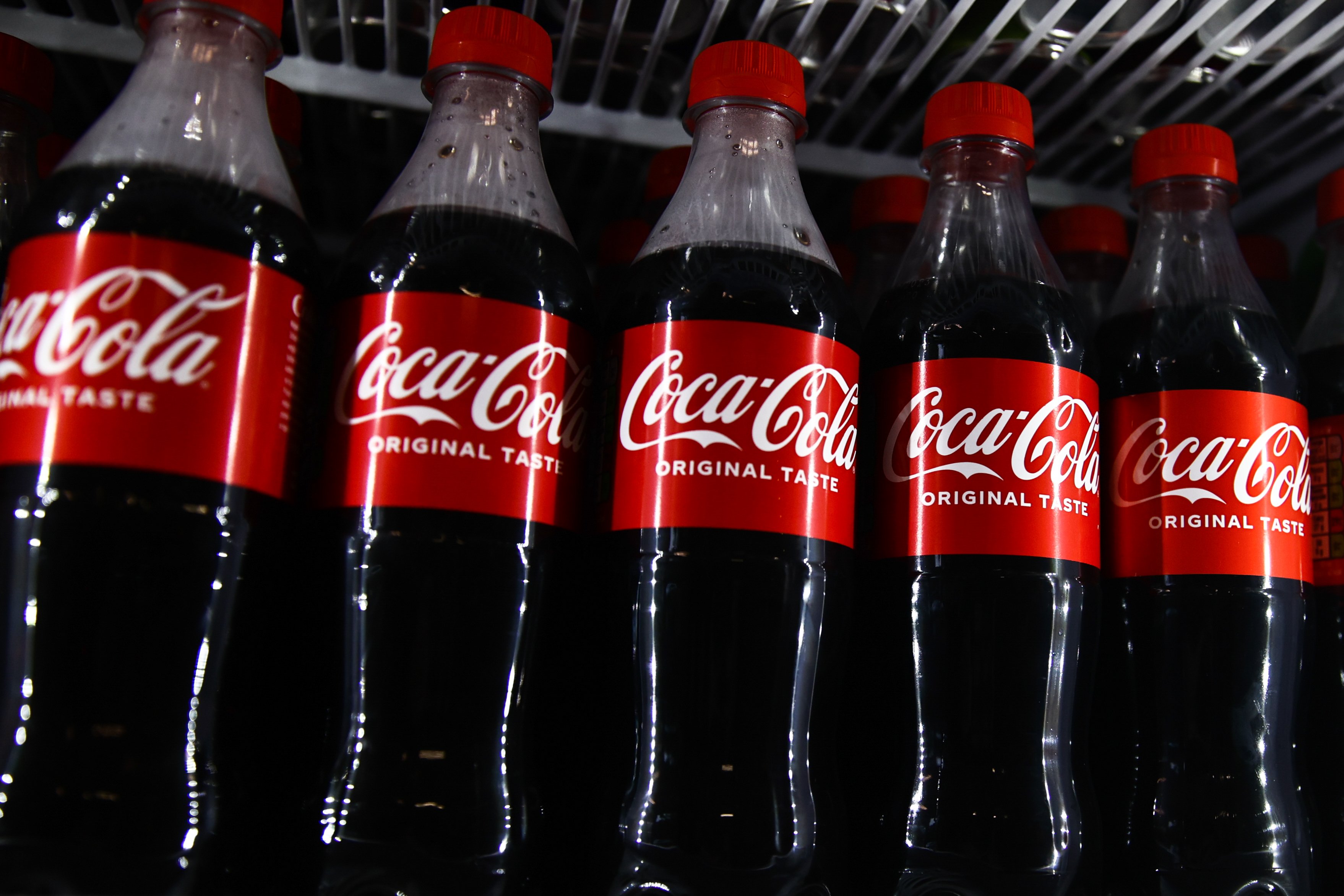Seth Goldman and Barry Nalebuff founded Honest Tea in 1998. In the recently released Mission in a Bottle, the co-founders tell -- in comic book form -- the story of building a successful mission-driven business. Goldman, now president and "TeaEO" of Honest Tea, joins Motley Fool CEO Tom Gardner to discuss sustainability, entrepreneurship, and what it means for a socially responsible, health-oriented business to be bought by Coca-Cola (KO 0.06%) .
In this video segment, Goldman discusses what makes Honest Tea's relationship with Coca-Cola different, and how the mission-driven, health-focused company has maintained its identity -- and its values -- after being bought by the world's largest beverage company.
Tom Gardner: There are some entrepreneurs who say, "If I had known what would have happened all the way through, I would have maybe not taken this all on." Is that true of you?
Seth Goldman: I can say that I don't see myself doing it again -- there are serial entrepreneurs.
Part of it is, the first 10 years were just so absorbing and so draining. I'm so glad I did it, but you have to have that hunger. I'm still hungry and passionate -- I was up at three this morning, fired up about some things -- but there's an element of fear that you really need.
As you know, we were almost out of business the whole time. There's an element of fear that propels you, that you need to have. I don't want to sound like a masochist, but you need to have that, to drive it. I don't lead a cushy life, but I don't know that I'd be able to do that again.
Gardner: What was it in your negotiations with Coca-Cola that have protected Honest Tea? What makes you different than the other beverage brands that were once very popular and have somewhat faded? What has allowed you to stay true to your principles, and where have they been challenged?
Goldman: The main thing that I think makes it different is the way the investment was structured. Coke wanted to invest in and build the next billion-dollar brand -- but when they said "invest," they didn't mean "take it over."
When they came to us, they said, "Are you interested in working with us?"
I said, "Well, we need distribution help and we need investment capital, but we don't want to sell."
It worked out perfectly. They invested 40% and for the first three years, I was still running the business, and we grew. We scaled dramatically. Then when Coke had the option to buy, we all agreed this was working -- we're growing, we're getting more impact, we're gaining distribution -- let's keep going.
I don't know whether you call that a trial period or a dating period. It worked, and it's still working. I don't want to give myself too much credit, but our team is still intact; the whole team. Really, most of the same team, and there's no Coke employees -- well, maybe we're all Coke employees -- but there's no one from Atlanta working in our office. We're still driving the brand.
The points of challenge? We're part of a large corporation, so if you take an organic, Fair Trade, small entrepreneurial company and make it part of a large corporation that doesn't sell those kinds of products, we're not going to see eye to eye on everything. If we did, something would be weird.






